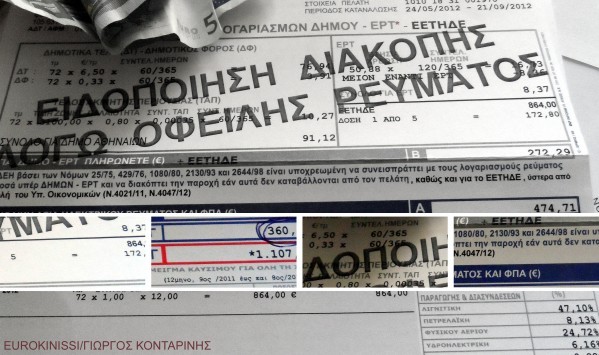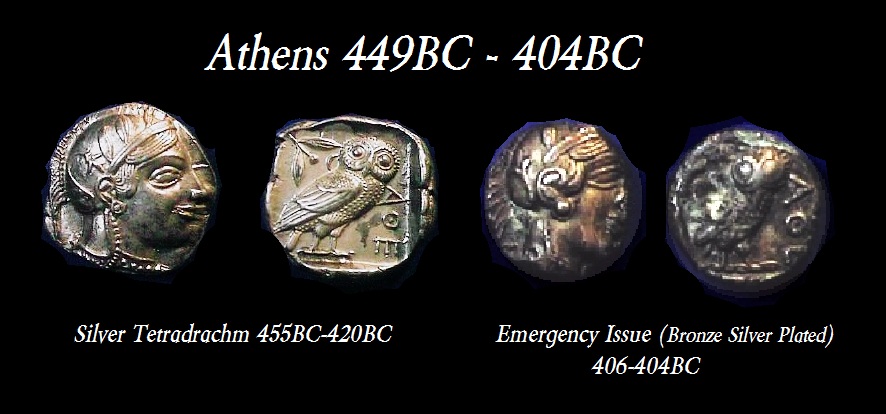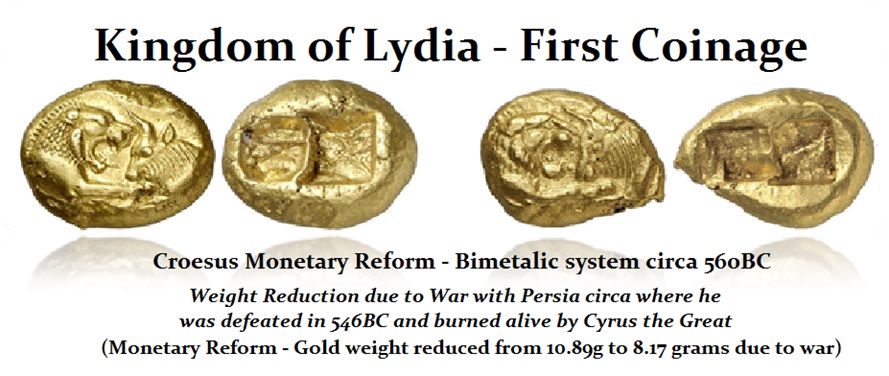QUESTION: Mr. Armstrong; I read this time its different by Rogoff. While it is interesting about sovereign defaults, he clearly does not go back into ancient times or more than a few hundred years. If anyone would know when the first such default took place it must be you. Any idea?
ANSWER: Yes. The first such default that is definitively recorded took place at least in the 4th century B.C., when ten out of thirteen Greek municipalities in the Attic Maritime Association defaulted on loans from the Delos Temple of Apollo.
You must understand that historically, most fiscal crises were resolved through either war where the loser’s debt evaporates as Germany after WWI or the Confederate States in USA as two examples, or by currency debasement by either inflation or devaluation. This is demonstrated by numerous city debasements or reduction in weight of gold and silver coinage. One of the earliest debasements was during 404BC in Athens in the war with Sparta. The silver coinage was reduced to bronze and silver plated.
Lydia, which is where coins were invented, reduced the weight of their Stater due to war with the Persians, Cyrus the Great. This is how money supply still increased even if it was gold or silver. It never matters what is money, economic forces always conspire to create the natural course of inflation (assets rise and money declines). There is a cycle as we are going through right now of the opposite trend deflation because no single trend can be sustained without change. Hold your arm straight up above your head. Now keep it there. You will run out of energy and your arm will feel tremendously heavy causing you to put it back down. Everything works that way yet people try to deny cycles. Nothing but nothing can be sustained without change – N O T H I N G!
…click on the above link to read the rest of the article…











